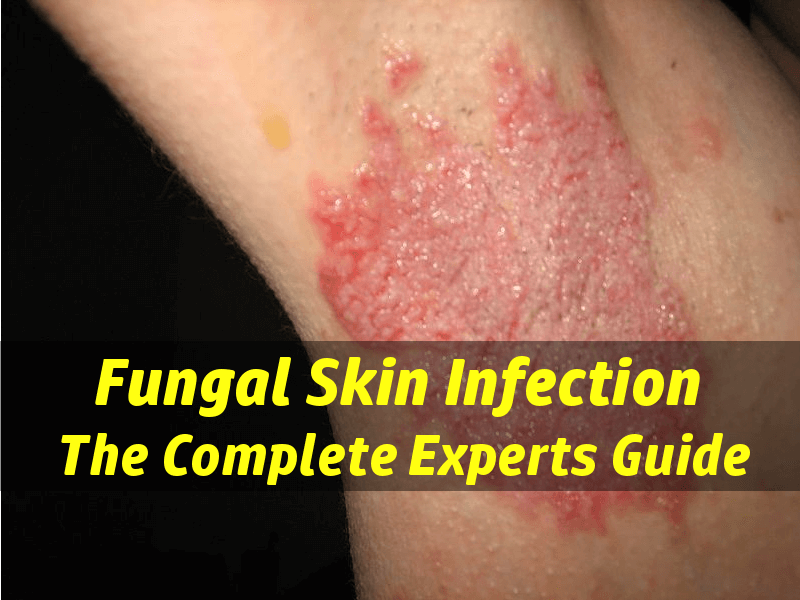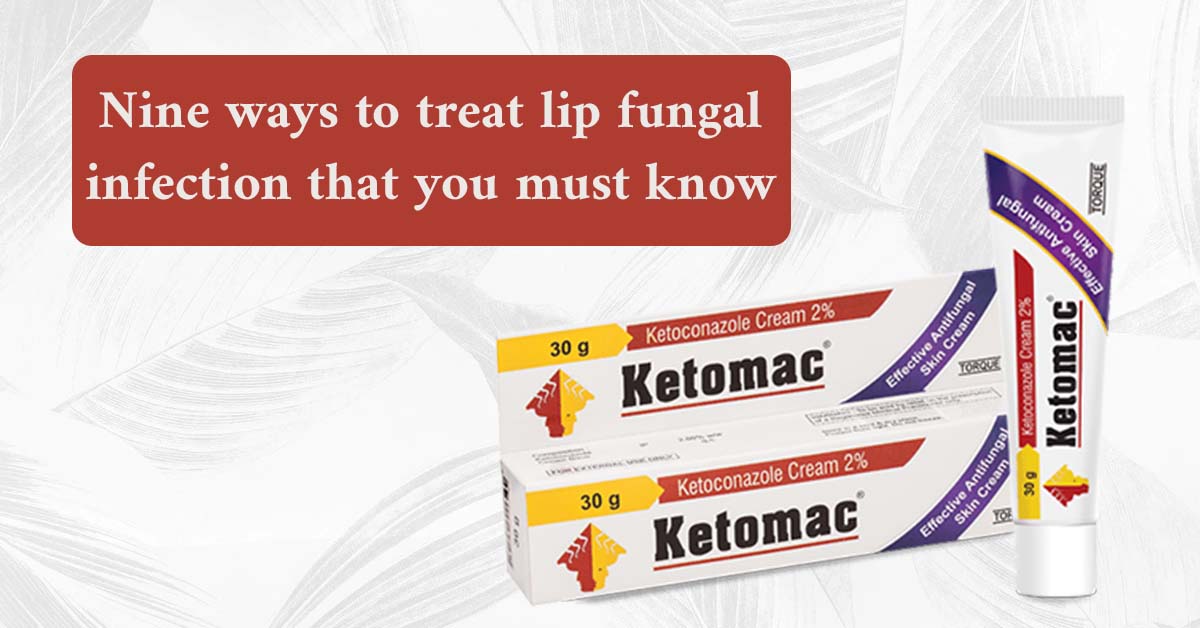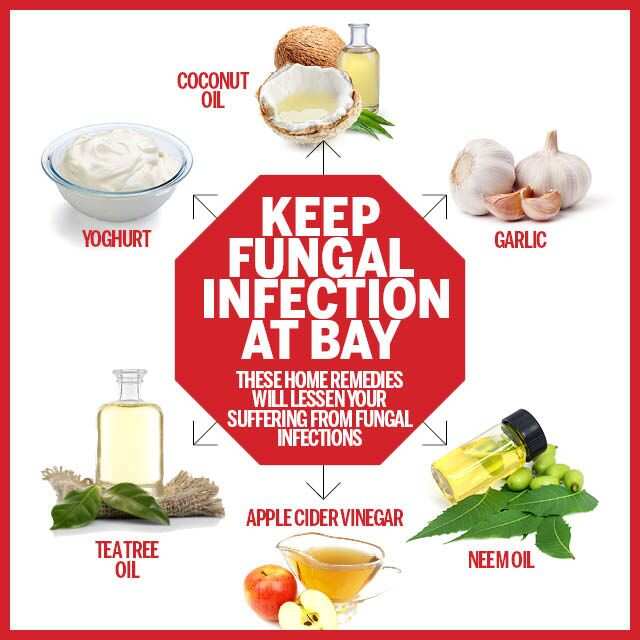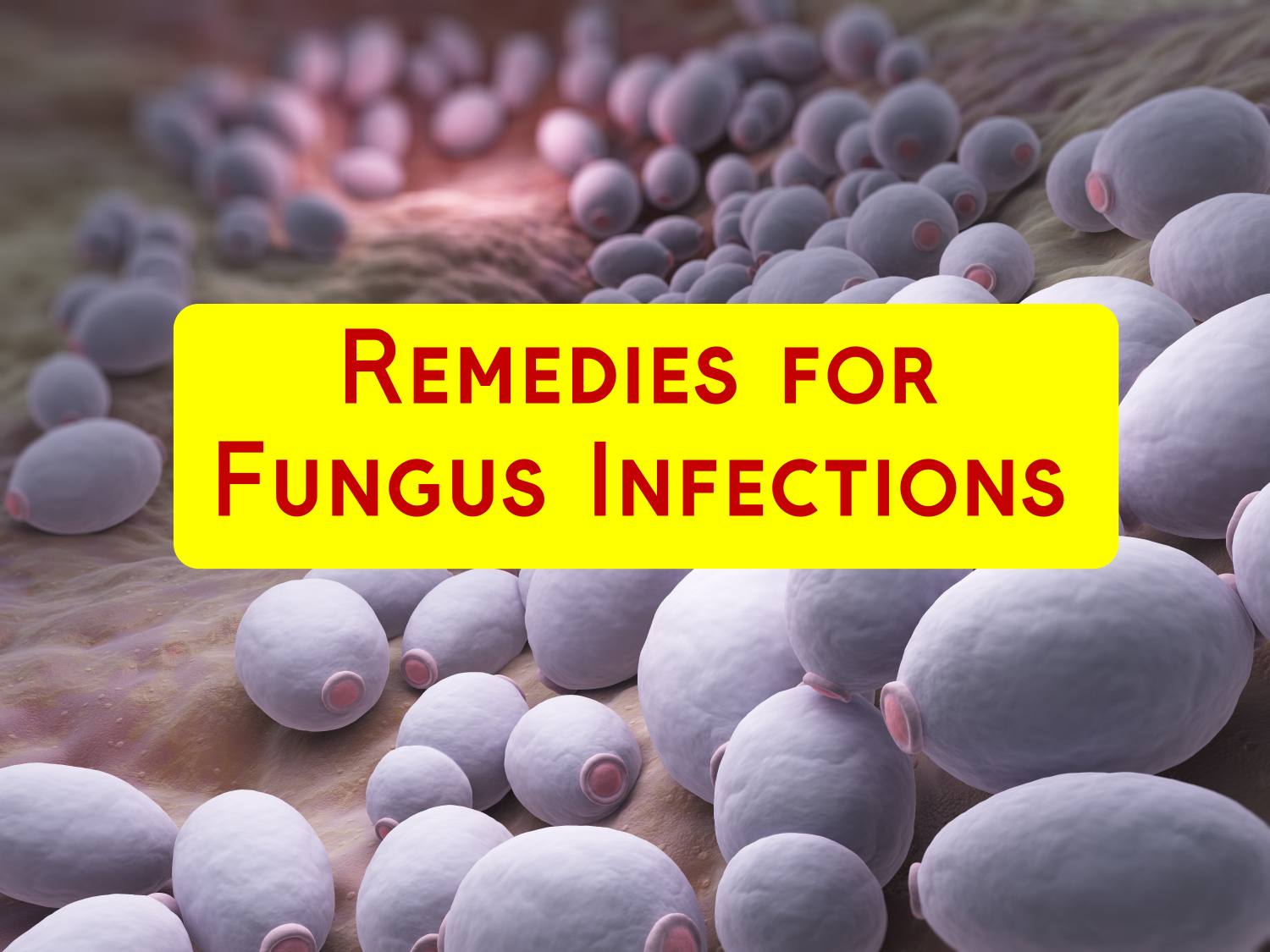Glory Info About How To Treat A Fungal Infection

Here we describe some of the most common fungal skin infections and how to treat them.
How to treat a fungal infection. While most fungal infections affect areas such as the skin and nails, some can lead to more serious and. In the moderate stage, you might notice: Cdc fungal diseases who gets fungal infections?
The fungus can infect an open wound or lungs or can enter though bloodstream. Antifungal drugs are medications that are used to treat fungal infections. Fungal infections are typically treated with antifungal medications, usually with ones that are applied directly to the affected area (called topical medications).
Both sides are commonly affected. It has a wide range of symptoms. Medicine like steroids, biologics (made from living things and their products), radiation therapy, and chemotherapy can weaken your immune system.
Try a new skin care product. No matter your treatment, be sure to: Tinea cruris symptoms.
The diagnosis of such infections is cumbersome requiring increased. Psoriasis basics everything you need to know about fungal skin infections types and treatment fungal skin rash risk factors prevention when to seek help candidiasis, scalp ringworm, jock itch,. However, in people with weakened immune systems, these fungi are more likely to cause an infection.
Red, slightly scaly skin in the groin, usually with a definite edge or border. To treat a fungal disease, your provider may prescribe antifungal treatment in the form of: The groin becomes itchy and a bit sore, mainly in the crease between the top of the leg and the genitals.
Antifungal creams should be applied directly to the infected skin, usually 2 or 3 times a day, and they’ll clear up an infection within a week. Ringworm like many microbes, there are helpful fungi and harmful fungi. Uptodate, electronic clinical resource tool for physicians and patients that provides information on adult primary care and internal medicine, allergy and immunology, cardiovascular medicine, emergency medicine, endocrinology and diabetes, family medicine, gastroenterology and hepatology, hematology, infectious diseases.
Iv medication, given to you at a doctor’s office or hospital directly into a vein. Infections antifungals can treat fungal infections commonly treated with antifungals include: More intense nail discoloration and thickening.
You can get some antifungal medicines from a pharmacy without needing a gp prescription. Experiencing flakiness and hair fall this winter? Symptoms vaginal yeast infections jock itch athlete’s foot
Contents overview symptoms and causes diagnosis and tests management and treatment prevention outlook / prognosis living with overview what is candidiasis? Hansen’s disease (leprosy) systemic infections that can cause skin rashes include: Symptoms of tinea cruris include:


















